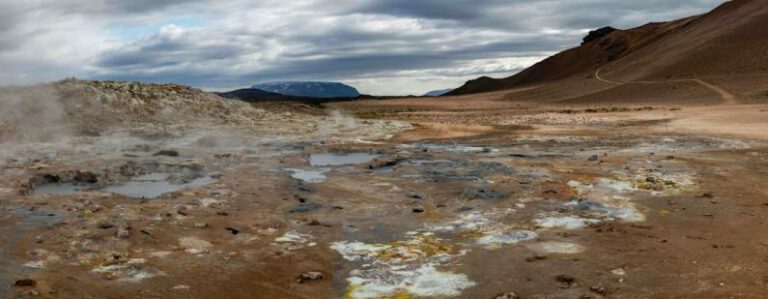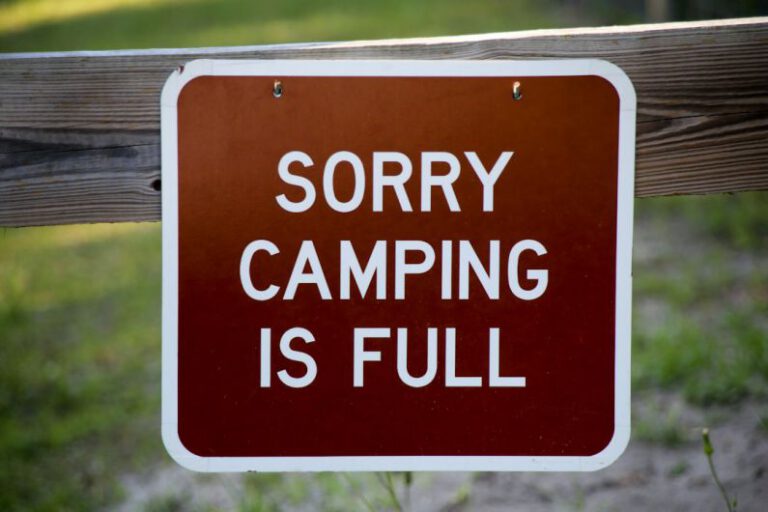What Are the Best Tips for Eco-friendly Camping?
Camping is a fantastic way to reconnect with nature and enjoy the great outdoors. However, it’s important to remember that our actions can have an impact on the environment. To ensure that we’re being responsible campers, there are several eco-friendly tips that we can follow. These tips will not only help preserve the environment but also enhance our overall camping experience.
Choose a Green Campsite
When planning a camping trip, it’s essential to choose a campsite that follows eco-friendly practices. Look for campsites that prioritize sustainability, such as using renewable energy sources, recycling facilities, and low-impact camping practices. National parks and protected areas often have guidelines in place to protect the environment, so consider camping in these areas.
Pack Light and Recycle
Packing light not only makes your camping trip more enjoyable but also reduces your carbon footprint. Only bring essential items and avoid single-use plastic. Opt for reusable water bottles, utensils, and containers. Additionally, make sure to pack a recycling bag to separate your waste and dispose of it properly at designated recycling facilities.
Use Sustainable Camping Gear
Investing in sustainable camping gear is a great way to minimize your impact on the environment. Look for camping gear made from eco-friendly materials such as bamboo, recycled plastic, or organic cotton. Choose gear that is durable and long-lasting, reducing the need for frequent replacements. Don’t forget to properly dispose of old camping gear by donating or recycling it.
Practice Leave No Trace Principles
The Leave No Trace principles are a set of guidelines that promote responsible camping and minimize environmental impact. These principles include disposing of waste properly, minimizing campfire impacts, respecting wildlife, and staying on designated trails. By following these principles, you can ensure that you’re leaving the campsite as you found it, preserving the natural beauty for future campers to enjoy.
Cook Responsibly
Cooking while camping can be a fun and delicious experience. However, it’s important to cook responsibly to minimize your environmental impact. Use a camping stove instead of open fires, as they are more efficient and produce fewer emissions. Choose local and organic produce when planning your meals, and pack food in reusable containers to reduce waste. Don’t forget to properly dispose of food scraps to avoid attracting wildlife.
Conserve Water
Water is a precious resource, especially when camping. To minimize water usage, take shorter showers, turn off the faucet while brushing your teeth, and collect rainwater for washing dishes or watering plants. If possible, choose campsites that have water-saving facilities or access to natural water sources.
Respect Wildlife
One of the joys of camping is being able to observe wildlife in their natural habitat. However, it’s crucial to remember that we are visitors in their home. Keep a safe distance from animals and avoid feeding them, as this can disrupt their natural behavior and diet. Be mindful of noise levels and avoid shining bright lights that can disturb nocturnal creatures.
Spread the Word
Lastly, don’t forget to spread the word about eco-friendly camping practices. Share your experiences and tips with friends, family, and fellow campers. By raising awareness, we can encourage others to adopt sustainable camping practices and help protect our beautiful natural environments for generations to come.
In conclusion, eco-friendly camping is not only about enjoying the outdoors but also about being mindful of our impact on the environment. By following these tips, we can ensure that our camping trips are not only enjoyable but also sustainable. So, let’s do our part and leave the campsite better than we found it. Happy camping!






